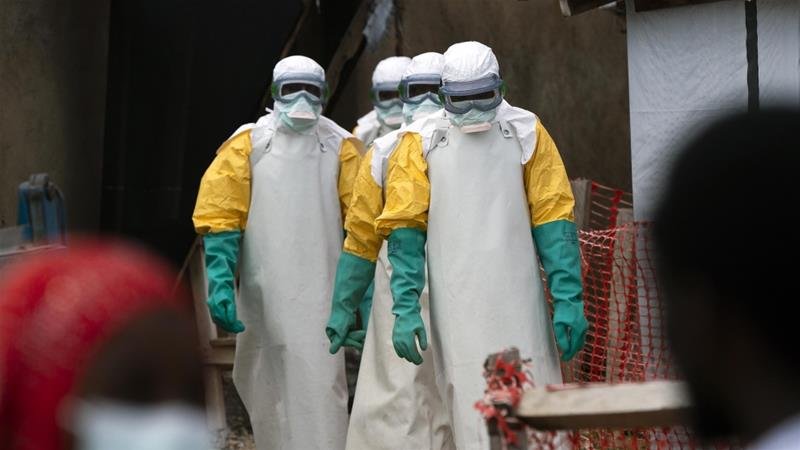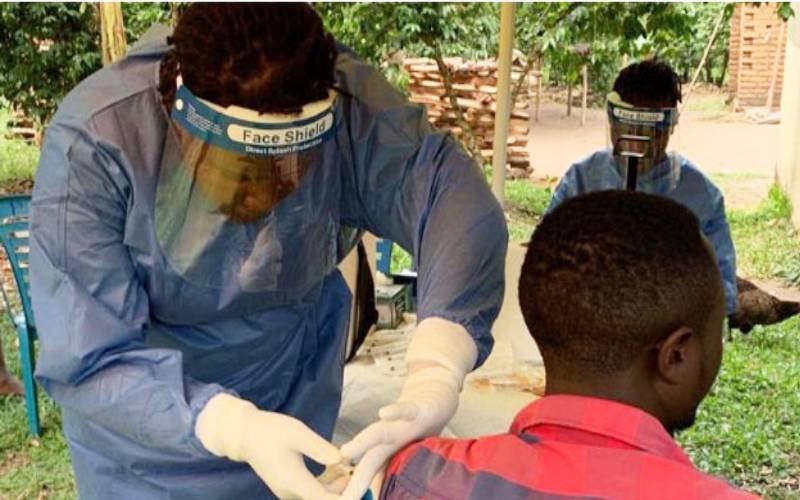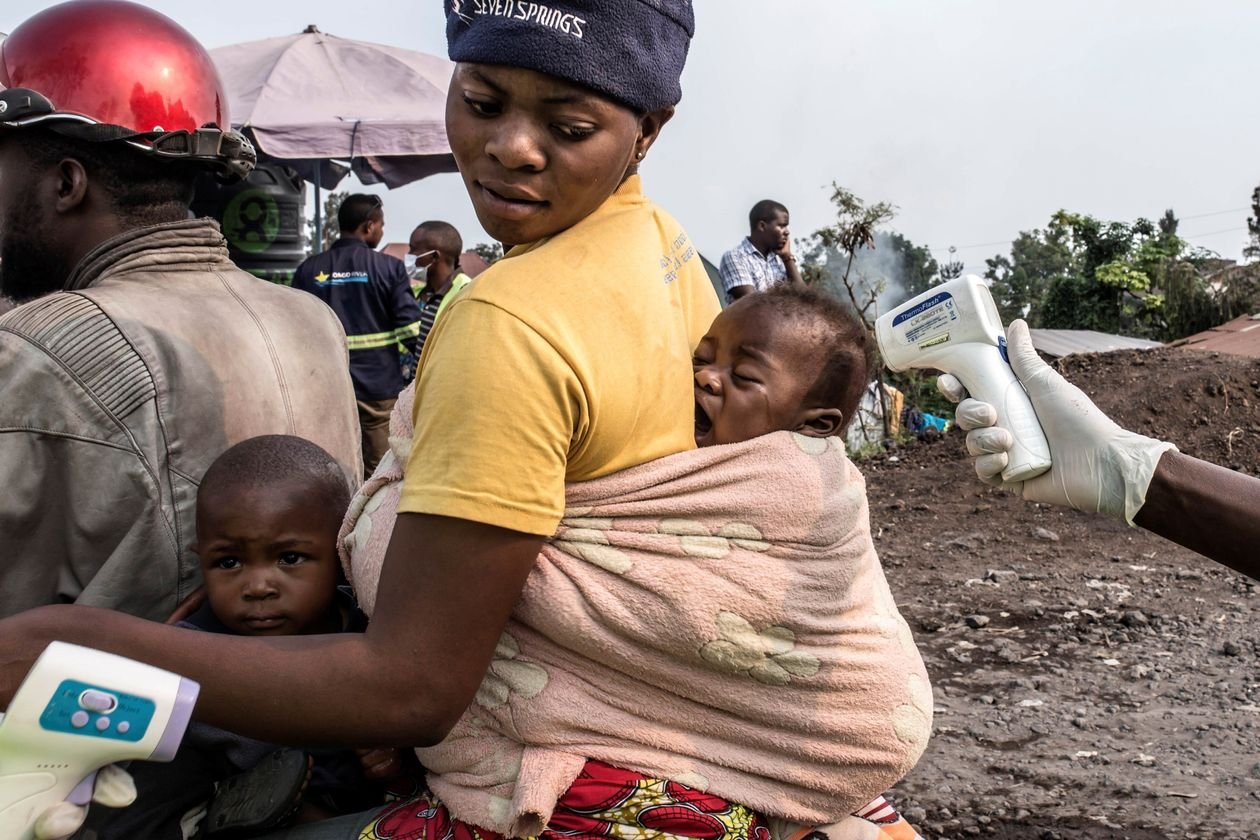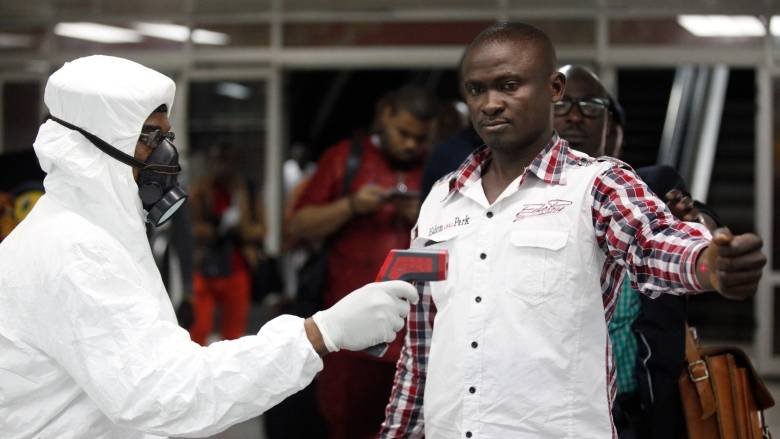Malawi’s Ministry of Health has ruled out fears of Ebola outbreak after a leaked message circulated on social media purportedly from the United Nations warned its officers of the outbreak in the country’s commercial cities of Lilongwe and Blantyre.
The text with a starting paragraph “A warning to the staff in Tete, Niassa and Zambezia” indicated that the UN is warning of the outbreak of Ebola in Malawi, mainly in the cities of Blantyre and Lilongwe, and attributed the threat to alleged Congolese refugees migrating to the two cities.
“These cities have been receiving Congolese refugees from areas that are heavily affected by the Ebola Epidemic and more, Malawian soldiers incorporated into the African Union Forces are operating in the highly affected areas of Goma and Kivu”.
A day later, the UK Department for International Development (DFID) announced a provision of about £478,000 to UNICEF for Ebola preparedness and prevention work in Malawi.
The Department also announced Malawi’s potential risks of the Ebola outbreak, with About 500 asylum seekers entering the country every month, most of them from the DRC.
Although none of the migrants has ever reported having been in Ebola hotspots, the department predicts the likelihood of an infected person crossing into Malawi is there.
“Also, Malawi Defense Forces (MDF) soldiers are presently stationed in the DRC, including in Beni, which is the worst affected area.
“The army, which is on a UN peacekeeping mission force, conducts regular deployment with soldiers returning home and new teams sent to the DRC,” says DFID in a Statement released Tuesday.
The department, further, says although the soldiers do not come in contact with patients, the possibility of contracting the infection by any member of the force is there given that they are stationed in the hotspot area.
“Given the worrying developments in DRC, it is essential we help the Government of Malawi make preparations to prevent the virus entering and taking hold,” says the department in a statement.
But in a brief statement signed by its Spokesperson Joshua Malango, the Health Ministry says there are no cases of Ebola in Malawi and it’s immediate neighbours.
“However, due to the recent developments related to ebola in the Democratic Republic of Congo (DRC) the Ministry, with guidance from the World Health Organisation continues to take measures to prepare, prevent, detect and treat any Ebola case that could develop I’m the country,” he said.
Malango says the funding from DFID will mainly be used for community sensitisation and training of health workers in risky areas such as border districts.
The Ebola outbreak which was previously confined to one area in the Democratic Republic of Congo (DRC) has now spread to the city of Goma.
Goma is a city of 2 million people which lies on DRC’s border with Rwanda, putting neighbouring countries, and the Southern Africa region at potential risk of Ebola.
The World Health Organization has since declared the Ebola outbreak in DRC a “Public Health Emergency of International Concern”.
Putting effective measures in place now will help keep Malawi safe.”
Desmond Whyms, Health Team Leader, DFID Malawi says With this funding, 500 health workers from nine districts (Chitipa, Karonga, Mzuzu, Dowa,
Lilongwe, Mchinji, Dedza, Mwanza, and Blantyre) will be trained to prevent, detect, treat and manage Ebola.
UNICEF is set procure supplies to ensure that the nine districts are prepared for any potential outbreak.
Over the next four months, UNICEF is also set to support the screening of soldiers returning from the DRC and ensure that communities in border districts are sensitized about Ebola, to recognize and quickly report any suspected cases and how to protect themselves and their children.
“The risk of Ebola is real. Communities and health workers must, therefore, be vigilant.
“We welcome DFID’s support which will strengthen our work with the Government of Malawi and NGO partners in the border districts to prevent Ebola from crossing into Malawi,” said UNICEF Malawi Health Specialist Steve Macheso.







